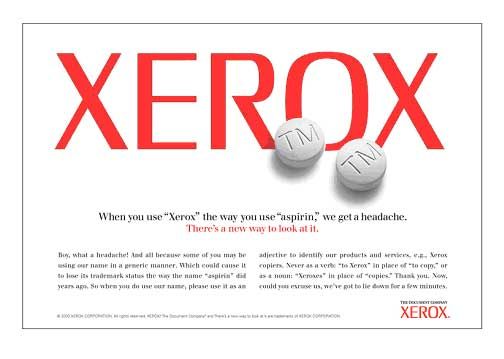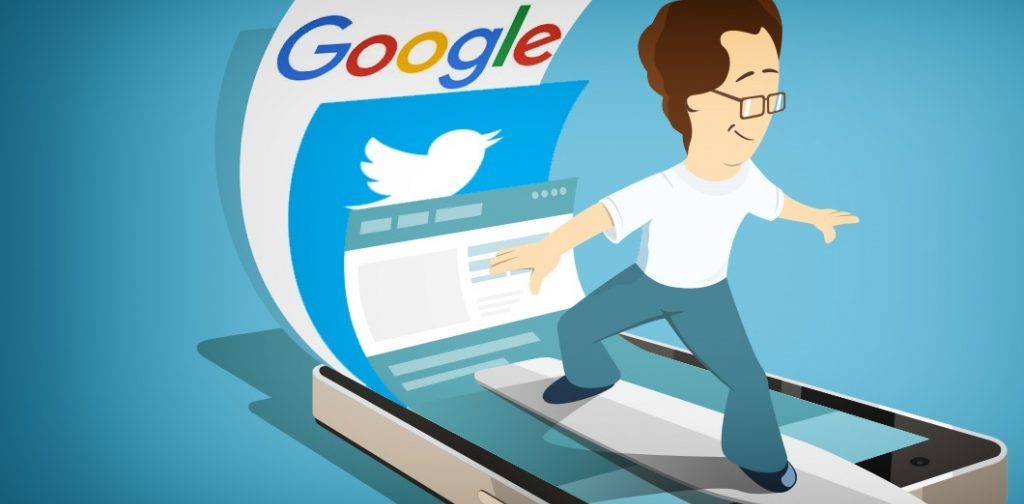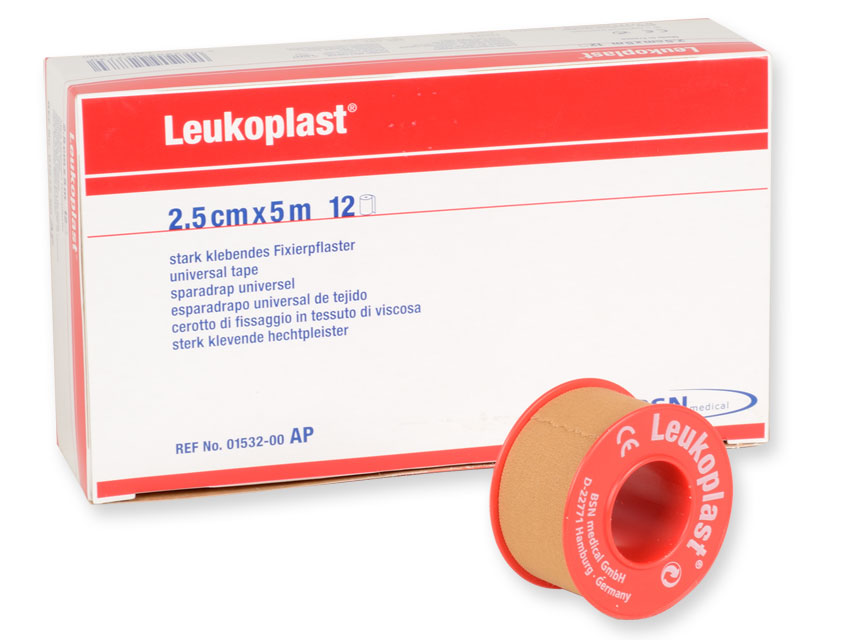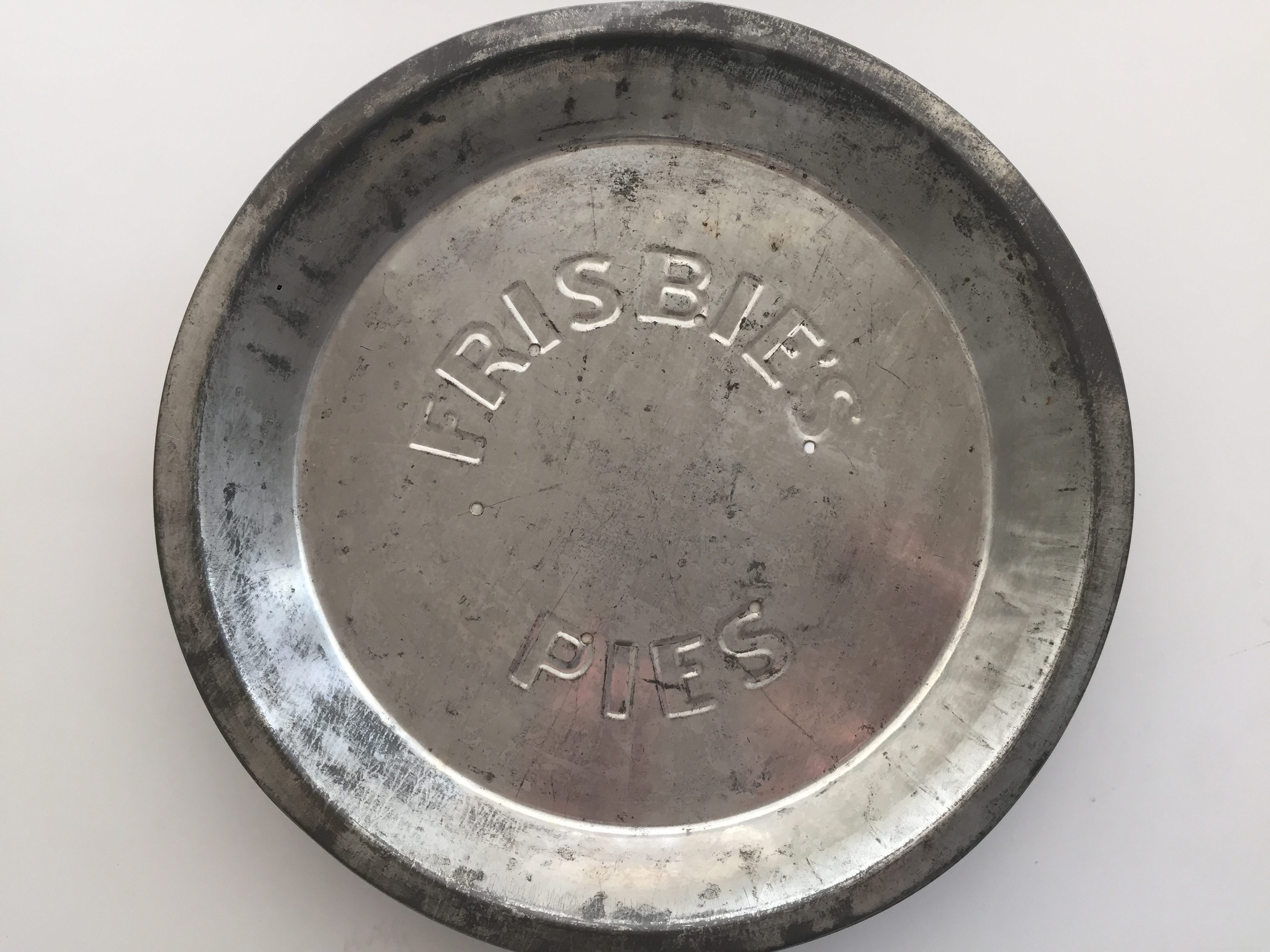Brands That Have Become Common Words: Keds, Xerox and Others

When a brand name becomes a household name, the company becomes "historical" and marketers can retire. Of course, this is very unpleasant for the company's lawyers, because if the brand name is officially recognized as a household name, then the company loses all trademarks and rights to this word.
In English, there is a name for such a phenomenon - eponym. Let's look at examples of when the brand name became a household name and what it led to.
Xerox
The most famous and resonant situation occurred with Xerox. In fact, this device is called a copier, and the process itself is called a photocopy. When the word "copier" and "photocopy" became universal, Xerox lost its identity, which led to big problems.
The company's management has carried out a huge and costly campaign to protect its brand. The advertising slogan was: “You cannot “Xerox” a document, but you can copy it on a “Xerox” brand copying machine” and “Copier is Xerox. Xerox is not only a copier".
You have often heard the phrase "go google", which means to find information on the Internet. It may not be Google as a search engine, but the essence remains the same. At some point, the company worried that the company name had become a common noun. The Merriam-Webster Dictionary says that to google is to look for information through Google.
In 2017, a group of plaintiffs sued and tried to get the word "Google" recognized at the legislative level, having previously registered over 800 domains in their name. However, this didn't work out, because. The law states that the legal protection of a trademark is ended if the general use concerns those goods and services for which it is registered. Google is registered with computer hardware and software, not information search services.
Keds
The Keds trademark was registered in 1916. The word was coined from the words "Kid" and "Ped". Keds existed in the 19th century, but didn't have a name. U.S. company The Rubber Company launched rubber-soled shoes called "Keds", which eventually became a household name.
leukoplast
According to one version, Beiersdorf registered the Leukoplast brand in 1921. According to another - In 1890, a German pharmacist bought the invention a patch, changed it by neutralizing the irritating effect of a conventional patch and added zinc oxide to its composition, after which he patented the name "Leukoplast". Initially, the correct name was sticking-plaster.
Frisbee
Frisbee is a popular outdoor game for people and animals. There is even a sport called "Ultimate Frisbee". The Frisbee name belongs to the Wham-O company.
According to legend, this toy was originally produced under the brand name Pluto Platter. Yale students had fun outdoors by tossing tin pie coasters from the Frisbie Pie Company. Wham-O, knowing how popular the word Frisbee is among students, added one letter to the name and renamed the flying saucer Frisbee. Since then, the word Frisbee has become a household name and is sold under this name.
Jeep
Today, all off-road vehicles are called jeeps. Initially, in English, the word jeep was a jargon from the abbreviation GP - General Purpose (general purpose). The word jeep is also derived from the JP abbreviation for Willys JP cars. And, of course, the Jeep company itself. Today, companies insist on the name' SUV.
What if the brand became a household word
The brands that have become household words can be listed for a long time. But as we wrote above, in this situation there are enormous risks and disadvantages. Each country has its own laws that protect intellectual property rights. If your brand name has become a household name, then most likely you will lose all exclusive rights to use the name, and competitors will use it.
One way to protect a trademark from being recognized as being used is a qualitative approach to the selection of target goods and services and its registration. An example from Google will help here. Recall that the law states that the legal protection of a trademark is ended if the general use concerns those goods and services for which it is registered. Google is registered to computer hardware and software, and not to information search services, so the company kept the trademark.
Carefully study the law, because sometimes the manufacturer faces a choice - marketing or jurisprudence.
Try Popsters Trial plan to get content activity statistics of any pages for a next 7 days for free
Try for free











